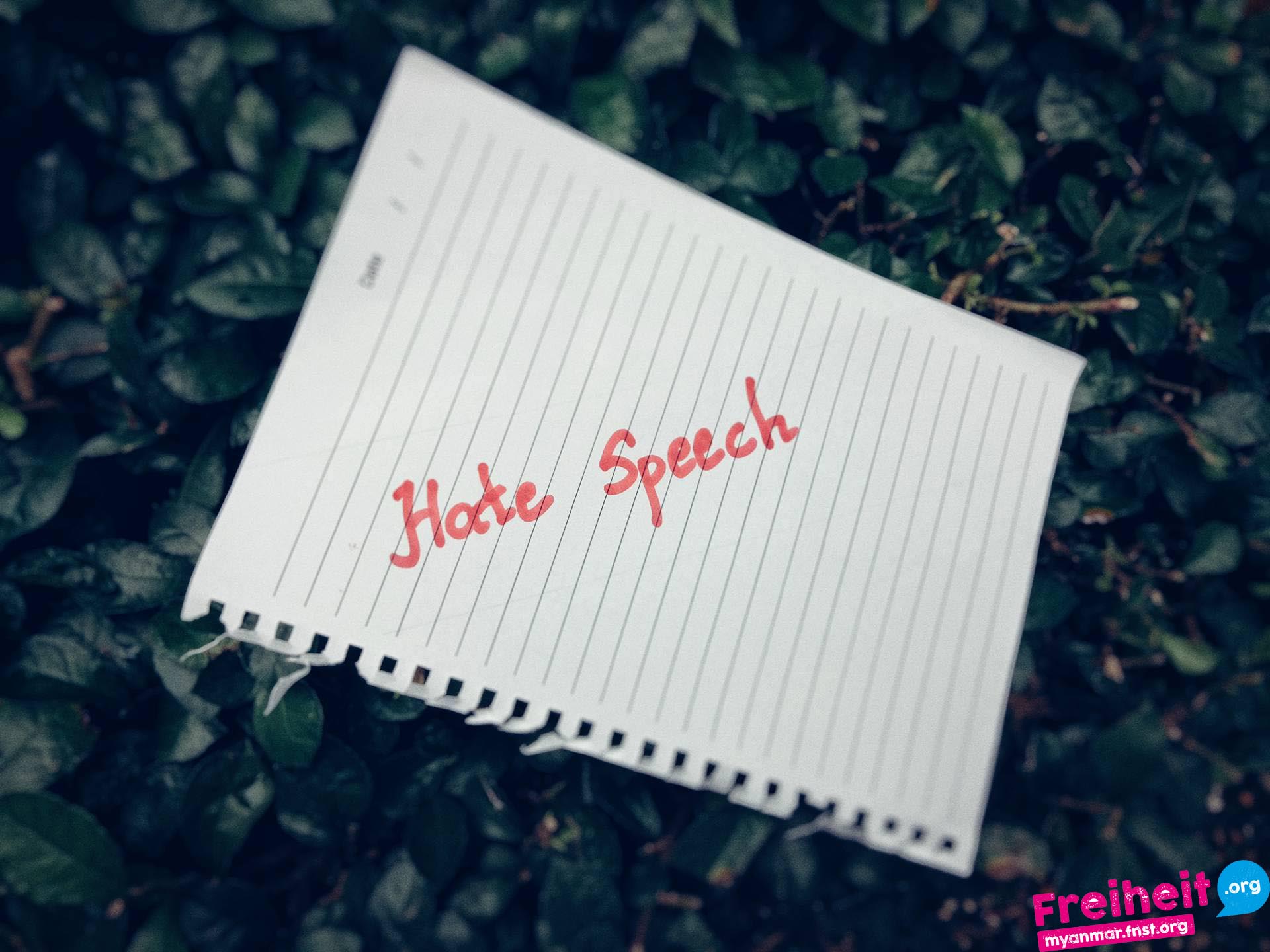Understanding Hate Speech

“It is a human right to hold opinions,” Freedom House claims. Freedom of expression is a principle granting such right. American philosopher, Thomas Scanlon, defines that freedom of expression always concerns conversations/ talks that affect the interests of a wider audience rather than two individuals in a mere private conversation. However, globally there is a dilemma with freedom of expression. To what extent should it be allowed? People are concerned that absolute freedom of expression would destroy societal peace as there will be more room to grow hate speech. It is then important to understand how hate speech is nurtured and developed into a societal destruction.
Hate speech is nurtured mainly out of limits on freedom information and freedom of expression. This is not a random claim but both philosophically and evidentially backed up. An English philosopher “John Stuart Mill” proposes that freedom of expression is preferable to a policy of censorship on two folds. First, freedom of expression allows the spread of true beliefs, facts, etc.. Second, it contributes to the wellbeing of society by fostering the development of better individuals. When one sets censorship on freedom of expression, Mill questions who should decide what to censor and how one can know if censored materials are true or false or consist of implied bystander costs. In this case, Mill endorses deliberative values as a main focus for freedom of expression. Mill sees humans as responsible, progressive creatures, able to learn and reflect from past mistakes and lessons. Hate speech then is assumed gradually disappearing as human learns forward.
Thinking on the other end, one could argue that not all humans can think and reflect their past mistakes. Humans may never learn and absolute freedom of expression could give a space for genocide or other ethnic cleansing. Mill’s answer to these people is clear and to the point. First, one needs to understand freedom of expression is so intertwined with freedom of information that limiting either one is a reason for any hate speech or animosity to grow and deepen more effectively in the society. Where freedom of expression was limited, freedom of information would be limited. If this is the case, freedom of expression is not a cause for physical or mental damages (e.g. genocide). Instead, it is a lack of freedom of expression that subsequently limits freedom of information and this in turn exacerbates the enormity of a scale of hate speech. Second, limiting freedom of information and freedom of expression shrinks a public space to exchange information and opinions. The lack of such space deteriorates people’s tolerance level (based upon a theory that diverse ideas make people to be more tolerant and open minded – libertarian theory) and ability to accept, argue and combat opposite ideas civilly, which is a fundamental value of democracy.
Mill’s analysis is particularly true in Rwanda’s genocide. William Schabas, a Canadian academic in the field of international criminal and human rights law, summarized how Hutus successfully incited hatred for Tutsis in Rwanda. First, Rwanda genocide is an example of how radio can incite hatred and fuel tension throughout the genocide. Commonwealth Human Rights Initiative (CHRI) reported that Rwanda’s Colonel Renzaho used the radio station to instruct the military, police and civilians to help him identify and kill Tutsis. False rumors were spread that Tutsis were planning genocide against Hutus. Second, there was no alternative media to expose these lies. Rwanda media then was limited to a national radio RTLM, Radio Rwanda and two weekly newspapers, all mouthpieces for the regime. Although there were a couple of private newspapers such as Catholic Church’s two newspapers, the ownership of these news media were somehow connected to President Habyarimana or his fellow statesmen. Therefore, technically these media were not said to be independent or alternative sources of information. Third, government did nothing to correct false claims because they were involved in spurring genocide in Rwanda.
These facts on Rwanda’s genocide teach us two important things regarding the relation between hate speech and freedom of expression. First, hate speech is stronger not because of absolute freedom of expression but because of limits on freedom of expression. Second, when censorship or limitations are in place, it is almost always difficult to check and balance the power of those responsible for such censorship/ limitation. In the end, it is true that hate speech is turned into action by limiting freedom of expression rather than by absolute freedom of expression.
To conclude, it is worth to note the following. First, it is a human right to have opinions and freedom of expression is a principle granting such right. Second, absolute freedom of expression does not exacerbate hate speech as commonly believed. Rather it is limitation on freedom of expression that spurs hate speech and encourages the society to turn such hate speech into action. Rwanda’s genocide reflect all these claims and back Mill’s arguments on his preference on freedom of expression. By understanding this, freedom of expression should not be constrained anymore in fear of growing hate speech. One should fight for independent news media and alternative resources to fact-check and absolute freedom of expression to minimize false rumors.